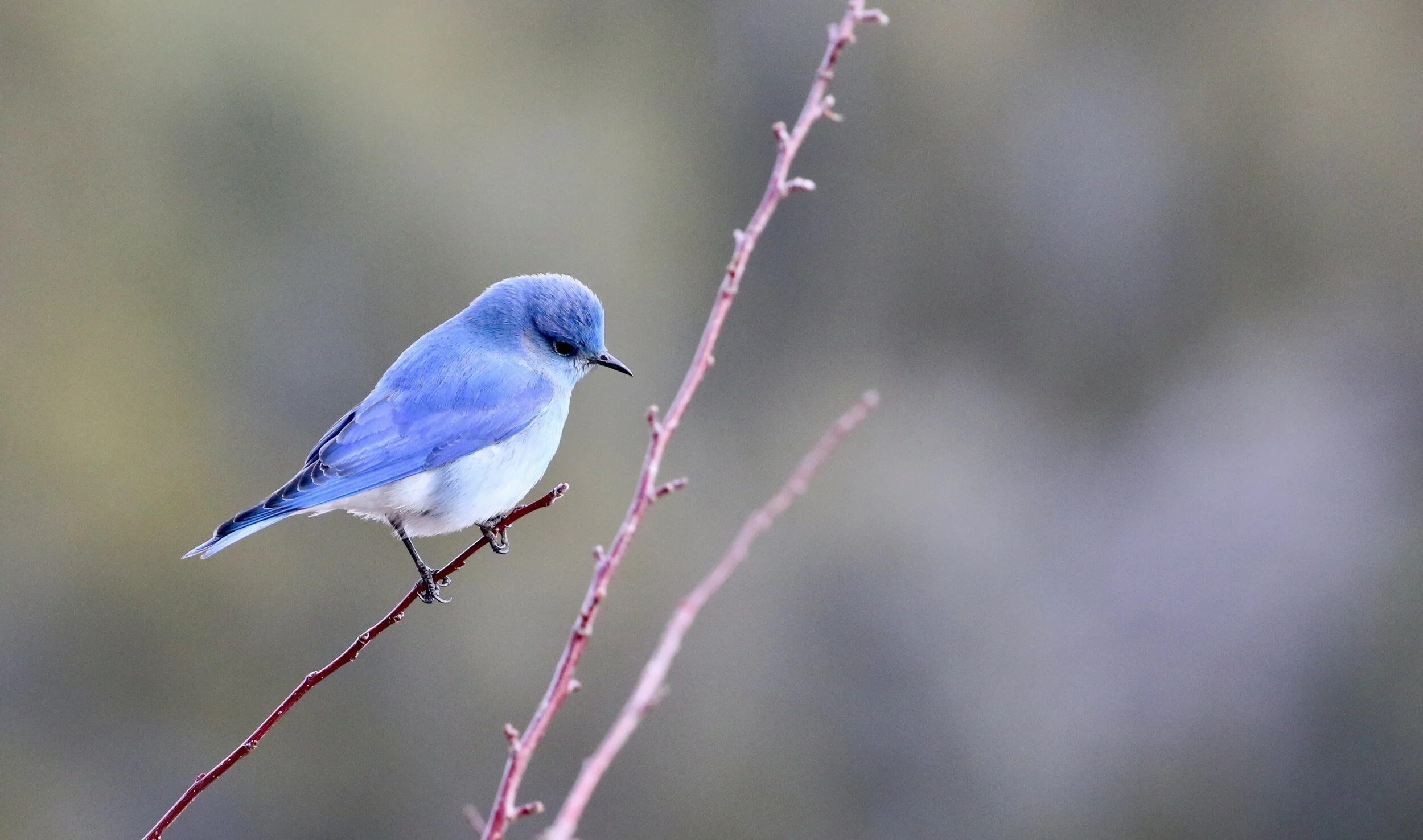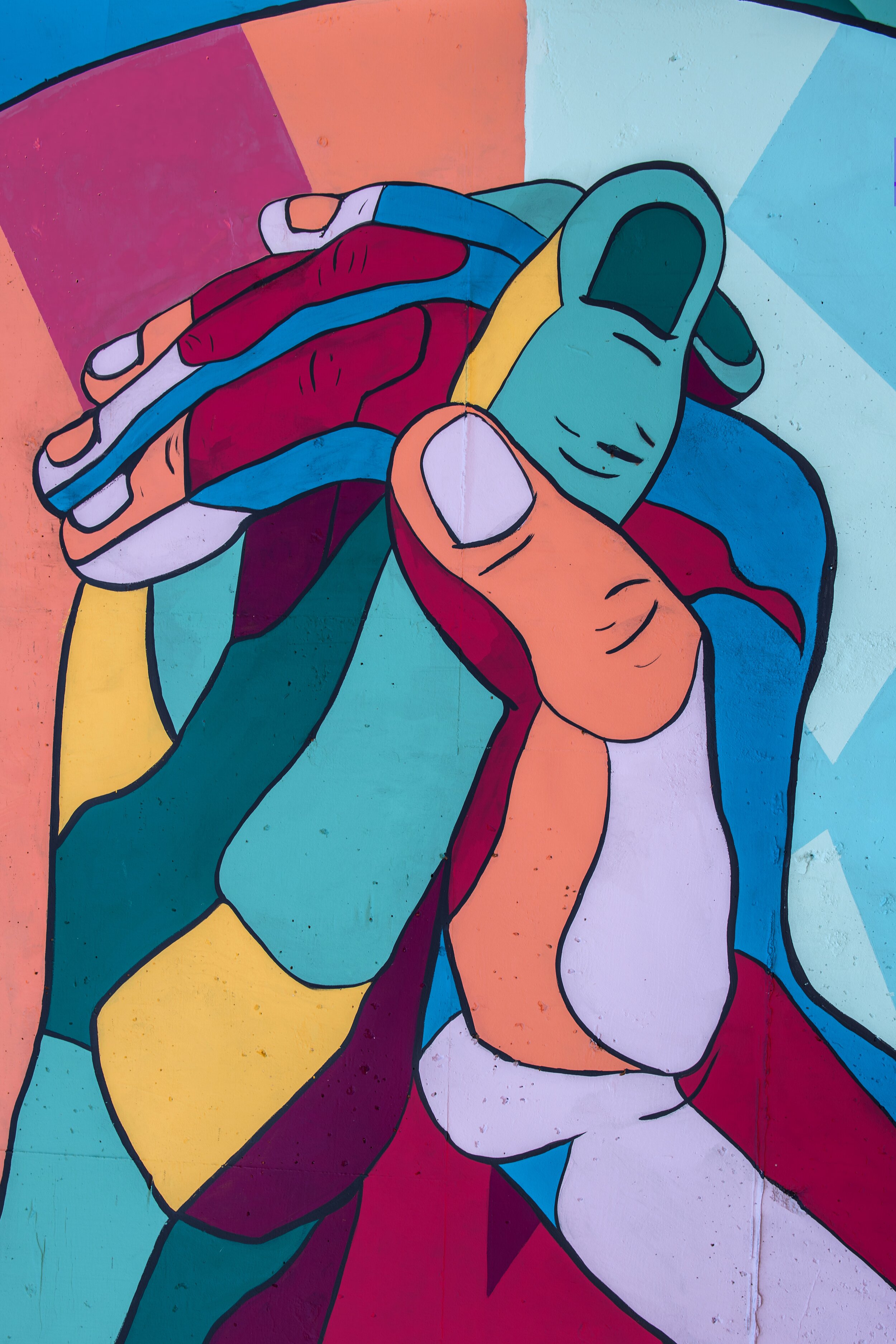“...2020....If you didn’t know beforehand how you cope with circumstances beyond your control, well, you’ve probably got a pretty good idea by now. ”
I have a little unlined journal I wrote in when I was 8 years old. Amidst pages of unicorn drawings and stutter-start stories, is a page with three simple lines on it:
It is what you are given
and what you must accept.
It is not a bird.
And there it is. The answer to everything. I have chuckled over those lines, scratching my head about what on earth could have prompted my second-grade brain to pen them. It’s going fine until the last line. Life – it is what you are given, and what you must accept. Sounds deep! Also - not a bird. Mmm...undeniable. I have to say, this odd little snippet of wisdom from my younger self has become a bit of a mantra for me, the sober realization of the first two lines comically balanced by the seeming randomness of the last. I didn’t ask for a bird. You get what you get. And, as we say to our kids, you don’t get upset. You accept it.
I still remember the aha-moment I felt as a graduate student training in a hospital setting when my supervisor finally explained to me why he always noted if a patient showed use of acceptance to cope. I was working with patients who had life-changing injuries and illnesses, people who had lost their independence, often unexpectedly and suddenly, and were living through a time in their lives when it was unclear if they would ever recover their previous level of functioning. I could hardly imagine living through a similar experience. Why did my supervisor document a patient’s use of acceptance? In his words, “because it’s the best thing anybody can do in a situation like this.” It is the gold standard of coping when circumstances are beyond one’s control. And it’s not the end of the story. Acceptance is the start. You can’t get very far in your new reality if you can’t accept that it’s the one you’re living in.
Which brings me to 2020 – our new reality, unfolding relentlessly in a series of seemingly endless crises, injustices, tragedies and disasters ranging from the hilariously small-scale (think toilet paper) to the entire future of life on our planet. If you didn’t know beforehand how you cope with circumstances beyond your control, well, you’ve probably got a pretty good idea by now. Reminds me of my favorite mental health meme that went around Facebook: “What doesn’t kill you gives you a lot of unhealthy coping mechanisms and a dark sense of humor.”
We are living through collective traumas on a massive scale. How will we get through and be resilient on the other side? Like the patients I worked with in the hospital, we are wondering if our lives will ever get back to normal. Perhaps we have to start by accepting that the world as we know it is changing, and life will not be the same. That we will not be the same. That acceptance is itself a powerful pathway to change. As Carl Rogers famously put it: “The curious paradox is that when I accept myself just as I am, then I change.” What if we take 2020 on its terms, even as we all desperately want change on many levels? What if we offer ourselves this kind of radical acceptance? Maybe it’s the best thing anyone can do in a situation like this.
“It [acceptance] is the gold standard of coping when circumstances are beyond one’s control. And it’s not the end of the story. Acceptance is the start. You can’t get very far in your new reality if you can’t accept that it’s the one you’re living in.”
Monica Green, Ph.D., is a licensed clinical psychologist, PSY27391, specializing in depression, anxiety, trauma, relationship issues and psychological aspects of chronic health conditions.
























